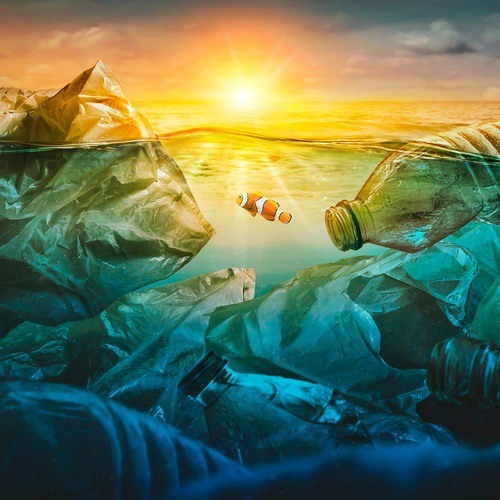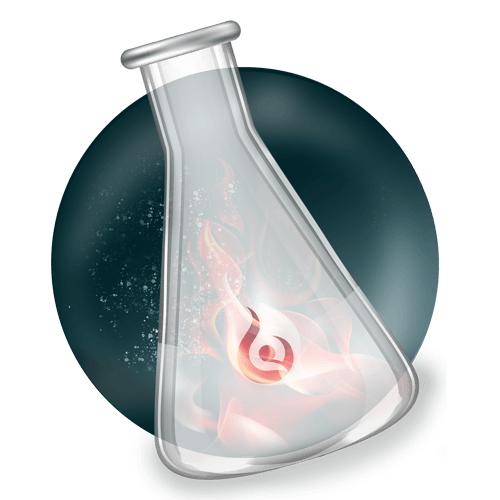

Yes. Our entire liquid production is upgraded to new plastic products and other materials and substances at BASF’s Verbund sites in Europe. Nothing is used as fuel. This means that Quantafuel meets the technology neutral EU definition of recycling and helps member states achieve the requirement of 50% recycling of plastic packaging in Europe by 2025.
Quantafuel strives to keep its carbon footprint at low as possible, and source the plastic waste needed as close to the production site as possible. And the majority of plastic waste used stems from normal household waste.
Quantafuel will only use post-consumer plastic waste. Post-consumer waste has served its intended purpose, passed through the hands of a final consumer, and has been discarded for disposal or recovery.
The draft EU Taxonomy regulation for Climate Change Mitigation recognizes chemical recycling as a sustainable activity, if documentation of a lower CO2 footprint than conventional plastic can be provided. This places Quantafuel in full compliance with the EU Taxonomy.
Yes. In a market characterized by uncertainty about how much plastic is actually recycled, we believe it is important to be fully transparent and provide proof that we live up to our high environmental standards. Our products are certified both according to REDcert2, which makes us a frontrunner among plastic recyclers.
Due to undesirable chemical properties, plastic types such as polyvinyl chloride (PVC), acrylonitrile butadiene styrene (ABS), polyamide (PA) and other lesser used polymer types and combinations are sorted out and minimized.
The plastic or polymer types used as feedstock is primarily polyolefins, which includes high density polyethylene (HDPE), low density polyethylene (LDPE) and polypropylene (PP). However, the feedstock will also include smaller amounts of polystyrene (PS) and polyethylene terephthalate (PET).
The proprietary purification steps in Quantafuel’s chemical recycling technology is able to handle mixed plastic waste containing impurities. This sets chemical material recycling apart from today’s traditional mechanical recycling which needs very high degree of pure plastic polymers types.

Our solution is to place a value on plastic waste. We have to make used plastic a valuable material, create a model where we collect plastic waste and upgrade the waste to recycled products. The entire value chain needs to be circular.
From day one, Quantafuel’s fundamental idea has been to solve the world’s plastic waste problem by transforming soiled plastic into new products. This is our contribution to the circular economy of plastic waste.
